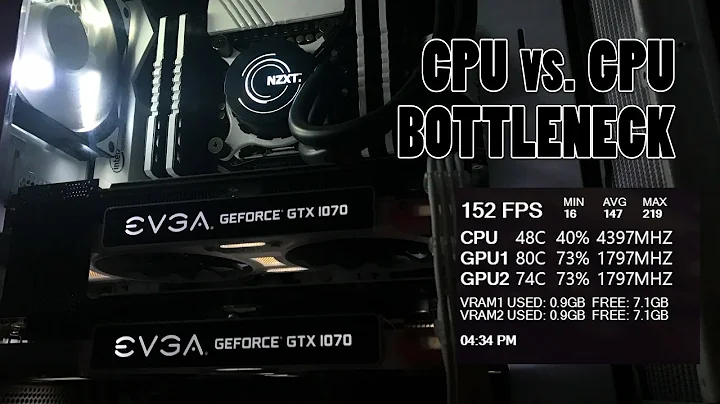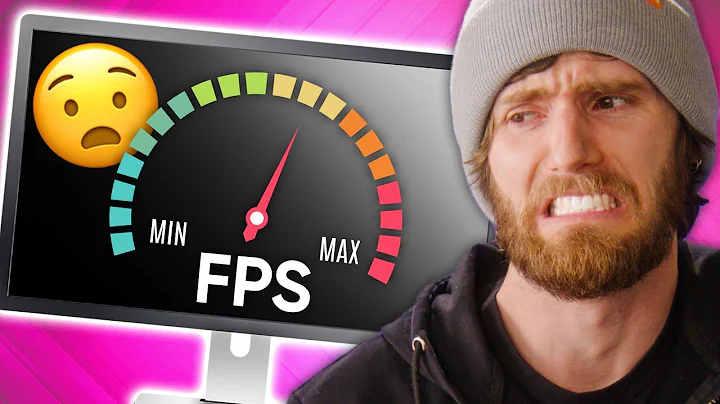How to identify hardware performance bottleneck in laptop?
From experience:
- Get a SSD for the system disk.
- Move the paging file, any and all cache and TMP, TEMP dirs away from the disk that holds the system if possible,
- ... otherwise create a separate partition e.g. 16GB (to allow future expansion) for the paging file.
- I'd also recommend to try to move away the home dirs from the system disk - to a separate partition at least. (to mimic a separate /home for Linux users).
- Get as much system RAM as possible.
- Avoid to use Antivirus and Malware software if you can - these
remove ~10-20% of processing power, depending on vendor.
Note that this requires a VERY restrictive use of internet resources, very quick installation of security packages and maybe more.
GPU and/or CPU power really affects/comes in handy only with computing intensive tasks: e.g. RAW Image Processing, OpenGL/CL/..., extensive number crunching, fast-moving/action games and similar.
- The benefit of CPU cores and e.g. hyperthreading requires software that is aware of the resources and has been adapted to use these. ( e.g. the use of gnu parallel for scripting / Linux users)
- Similar situation: using wide gamut and color calibrated workflow in imaging (e.g. calibrated source devices, display and printing). The benefits are not automatic.
Related videos on Youtube
kurp
Updated on September 18, 2022Comments
-
kurp over 1 year
Is there any tool that helps to determine the weakest link of my current laptop hardware specification? Any online guide to help me choose nice balanced configuration for the new laptop?
I need to find the answers:
a) which component should be invested to increase overall performance the most? CPU? GPU? RAM?
b) which component may decrease overall performance and work as a bottleneck for the specific configuration?
The question is general and regards both to validating the current hardware usage (and its possible bottlenecks) and estimating the performance (and avoiding possible issues) of specs I'm going to choose and buy.
P.S. For the specific laptop I need to replace, the following software will be in use:
- Windows
- antivirus, firewall, dropbox service running in the background
- mail app + web browser with a dozen or so tabs open
- from time to time: libreoffice apps, movies, games (both online and installed).
-
 Kimmax over 9 years+1 for 6. I removed it some time ago and it just speeds the whole system up. Also I do a Malware/Virus check every week manually by running some of the known programs and never found something yet. Just think about what you're doing and maybe Sandbox any Applications you don't exactly know about. I sandbox the browser anytime running too, you can see what was changed and choose if you want to accept it or revert it.
Kimmax over 9 years+1 for 6. I removed it some time ago and it just speeds the whole system up. Also I do a Malware/Virus check every week manually by running some of the known programs and never found something yet. Just think about what you're doing and maybe Sandbox any Applications you don't exactly know about. I sandbox the browser anytime running too, you can see what was changed and choose if you want to accept it or revert it. -
 Ole Tange over 9 years+1 for 5. I upgraded from 8 to 32 GB RAM. I wasn't using swap very often and could probably have lived with 8 GB for a couple of years, but the upgrade made it like getting a new computer. Now pretty much everything I use during a day is in RAM; even SSD cannot beat the speed of RAM. Get at least 2x the RAM you need and get a laptop with 4 RAM slots.
Ole Tange over 9 years+1 for 5. I upgraded from 8 to 32 GB RAM. I wasn't using swap very often and could probably have lived with 8 GB for a couple of years, but the upgrade made it like getting a new computer. Now pretty much everything I use during a day is in RAM; even SSD cannot beat the speed of RAM. Get at least 2x the RAM you need and get a laptop with 4 RAM slots.




